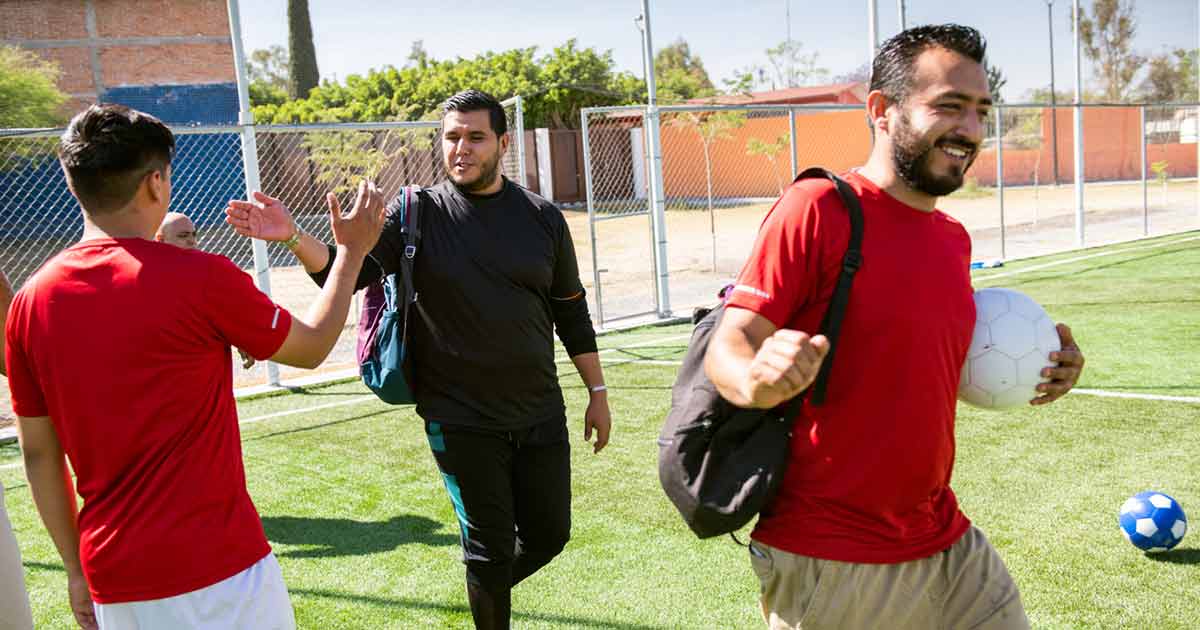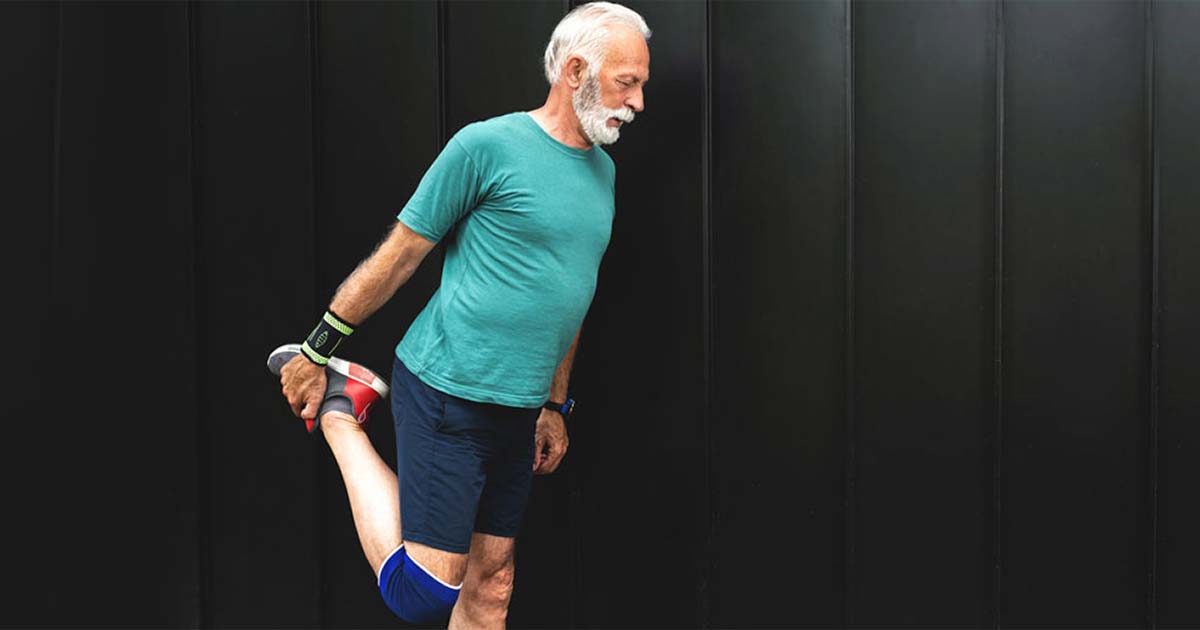
Advice to improve your movement, fitness, and overall health from the world's #1 in orthopedics.
Returning to a Sport After Injury? Here’s What to Know
Injuries can be devastating for athletes at any level—not just the pros.
Advice to improve your movement, fitness, and overall health from the world's #1 in orthopedics.

The goal is “to effectively shepherd the athlete from diagnosis to treatment and then through full recovery,” says Riley Williams III, MD, an orthopedic surgeon at HSS specializing in knee, shoulder and elbow surgery. “Caring for all patients—whether they are recreational or professional athletes—requires surgical precision, attention to injury progression and dedication to the needs of each patient. For that reason, my priority is also to ensure that a patient can return to play and experience an outcome that improves their quality of life on and off the field.”
With these goals in mind, Dr. Williams shares some guidance on what to consider when returning to a sport after an injury.
Recovery time
“The first stage in recovery is physiological healing of the injury, which may or may not require surgery,” says Dr. Williams. “Then there is a period of rehab to restore normal joint motion and kinematics. And finally, an effective recovery also requires the player to regain full fitness and conditioning. It’s a progressive process that in most cases can range anywhere from three to nine months, depending on the injury.”
In most cases, players are cleared for unlimited training before they’re given the OK to return to play, he adds. In most pivoting sports, like soccer, football and lacrosse, the full process is around nine months.
Retraining
An essential part of recovery for an athlete is carefully retraining the body to play with the ability and endurance of an athlete at their level. “This is why an accurate assessment of a player’s fitness is critical before returning to play,” says Dr. Williams. “The athlete should allow the injury to heal properly.”
In their enthusiasm to return to play, many players attempt to return to sport too quickly, which can lead to reinjury, he adds. The vetted protocols at HSS emphasize the importance of a steady recovery that is specific to each player’s injury and needs.
Morale
Experiencing an injury and handling the physical and emotional aspects of recovery can be challenging. Rely on the support of your friends and family; physicians and other medical staff; and most importantly your teammates during your recovery, says Dr. Williams.
Unique needs
Every player and every injury is different. Surgeons at HSS take an objective approach to a player’s injury by focusing on the specifics of the injury itself, proper diagnosis, quality of movement during recovery, and the progress of a player’s mobility and capability of returning to play.
Published 10/3/2022

